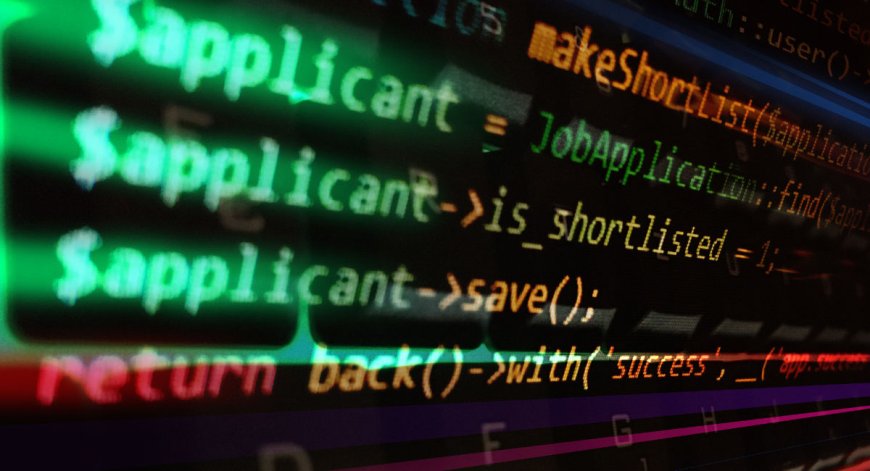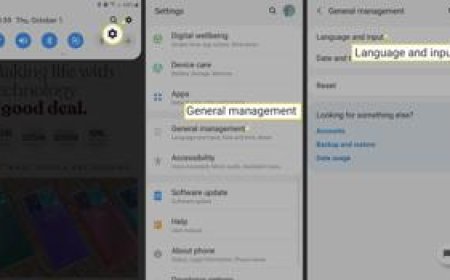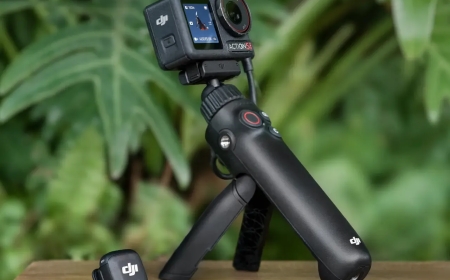Mobile App Developer Roadmap 2025: A Beginner’s Guide

So, you want to be a mobile app developer? Good call. With the world practically running on smartphones, theres no better time to jump into this career. From streaming services to social networks to AI-powered fitness trackersapps are at the heart of it all.
Why Mobile App Development Is Booming
The mobile app industry is projected to hit $613 billion by 2025, and developers are in high demand. Businesses of all sizes want inand theyre investing heavily in android app development services and iOS platforms alike.
The Rising Demand for App Developers
Whether youre into games, eCommerce, or enterprise apps, theres a niche for you. Plus, with the rise of remote work and freelancing, talented developers can work from virtually anywhere.
Choosing Your Path: Android vs iOS
Youll need to decide where to begin: Android or iOS. Both platforms have different tech stacks, tools, and user bases.
Android Development Overview
Android dominates the global smartphone market. If youre looking to reach a wider audience, its a great place to start.
Tools and Languages (Java, Kotlin)
Youll primarily work with Kotlin or Java, using Android Studio as your IDE. Google officially recommends Kotlin, and its incredibly modern and developer-friendly.
iOS Development Overview
iOS might not have the global numbers Android does, but it leads in monetization. That means more paying users and potential clients.
Tools and Languages (Swift, Objective-C)
Apples Xcode is your home base here, and Swift is the language of choice. Objective-C is still around but less used for new projects.
Essential Skills Every Mobile App Developer Needs
Programming Languages You Must Learn
At a minimum, learn:
-
Kotlin or Java for Android
-
Swift for iOS
-
Dart (Flutter) or JavaScript (React Native) for cross-platform
Understanding Mobile UI/UX Principles
Design isn't just for designers. Developers need to understand layout hierarchies, gesture navigation, responsive design, and accessibility.
Version Control and Git Mastery
Every developer needs Git. Learn the basics:
-
commit,push,pull -
Branching strategies
-
Using GitHub or GitLab
Getting Started with Android App Development
Setting Up Android Studio
Download Android Studio, install SDKs, and configure your emulator. This will be your daily workspace.
Exploring Android Architecture Components
Learn about:
-
ViewModels
-
LiveData
-
Room (for local DBs)
-
Navigation components
Building Your First Android App
Start with a simple To-Do list app. It teaches core concepts: UI, user input, database storage, and activity lifecycle.
Importance of Android App Development Services
For businesses, investing in android app development services is a shortcut to creating robust, scalable appsso it's also a hot career path for devs.
Diving into iOS App Development
Setting Up Xcode and Swift Playgrounds
Xcode is available for free on macOS. Start by tinkering with Swift Playgrounds to understand syntax and logic flow.
Mastering Swift Basics
Youll need to get comfortable with:
-
Optionals and type safety
-
Structs and classes
-
Protocols and closures
Building and Testing Your First iOS App
Build a simple calculator or a note-taking app to test your skills and understand iOS view controllers and storyboards.
When to Hire iOS Developers for Complex Projects
Companies often hire iOS developers when a project needs advanced integrations like HealthKit, ARKit, or high-end animations that require platform-specific expertise.
Cross-Platform Development: A Viable Option?
Popular Frameworks (Flutter, React Native)
-
Flutter: Dart-based, by Google, excellent performance.
-
React Native: JavaScript-based, uses native components.
Pros and Cons Compared to Native Development
Pros:
-
One codebase for two platforms
-
Faster development
Cons: -
Performance overhead
-
Limited access to device-specific APIs
Backend Integration and APIs
Understanding RESTful APIs
Know how to make HTTP requests, handle JSON data, and authenticate using tokens.
Firebase, Node.js, and More
Firebase offers BaaS (Backend-as-a-Service). Node.js is great if you want to build your own server.
Databases and Local Storage
SQLite, Room, CoreData Basics
-
Use Room for Android
-
Use CoreData for iOS
-
Both handle structured, persistent data locally
Cloud Storage and Real-Time Databases
Firebases Firestore is ideal for chat apps and live updates.
Testing and Debugging Mobile Apps
Unit Testing and UI Testing Tools
-
Android: JUnit, Espresso
-
iOS: XCTest, XCUITest
Debugging Best Practices
Use breakpoints, logs, and emulator tools. Dont forget real-device testing.
Publishing Your App
Google Play Store Guidelines
Youll need:
-
Signed APK or AAB
-
Privacy policy
-
App assets (icons, banners, etc.)
Apple App Store Guidelines
Stricter than Google. Ensure:
-
No crashes
-
Adherence to Apples human interface guidelines
-
Clear user permissions
Keeping Up with Trends in 2025
AI Integration
Voice assistants, recommendation systems, chatbotsAI is everywhere.
5G and Edge Computing
Apps can now stream, sync, and interact in real-time like never before.
AR/VR and Wearable Apps
Especially relevant for fitness, education, and entertainment sectors.
Building Your Portfolio and Resume
What Projects to Include
-
A clone of a popular app
-
One native and one cross-platform app
-
Something with backend integration
Platforms to Showcase Your Work
-
GitHub
-
Personal website
-
Behance or Dribbble (for UI showcase)
Freelancing or Joining a Team?
Pros and Cons of Each Route
Freelance = Freedom, but unstable
Team = Stability, but limited creativity
Hiring Trends and Opportunities
Demand is high for developers who can work across platforms and understand product strategy.
Resources to Learn and Grow
Online Courses, Books, and Communities
-
Udemy, Coursera, freeCodeCamp
-
Reddit: r/androiddev, r/iOSProgramming
-
Books: Android Programming: The Big Nerd Ranch Guide, Hacking with Swift
YouTube Channels, Newsletters, Podcasts
-
CodeWithChris (iOS)
-
Tech With Tim
-
The Stack Overflow Podcast
Conclusion
Becoming a mobile app developer in 2025 isnt just possibleits smart. Whether you dive into Android or iOS, or even go cross-platform, theres a world of opportunity ahead. Learn the tools, sharpen your skills, build real projects, and keep pushing forward. Start small, but think bigyour first app could change everything.
FAQs
Q1: Do I need a computer science degree to become a mobile app developer?
Nope! A solid portfolio often outweighs a degree. Start building apps and show your skills.
Q2: Should I focus on Android or iOS first?
If you're aiming for global reach, start with Android. If you want higher-paying clients, iOS might be better.
Q3: How long does it take to become job-ready?
Anywhere from 6 to 12 months of consistent learning and project-building.
Q4: What are the most in-demand skills in 2025?
Swift, Kotlin, Flutter, API integration, Firebase, and AI/ML implementation in mobile.
Q5: Where can I find paid projects or jobs as a beginner?
Freelance platforms like Upwork, Fiverr, and job boards like AngelList or remoteok.io.










































